2024 Photo Contest
The State of the Rockies project invites students to submit up to three photos and a description of each photo(s) taken from the Rocky Mountain West that reminds us why, how, and/or what conservation efforts are necessary to preserve and protect nature. Students are required to describe how their photo submission(s) relate to a conservation topic covered by this year's State of the Rockies Conservation in the West poll.
Send us a photo you took from the Rocky Mountain West that shows us Top of Mind conservation issues in the West!
This student event is made possible by funding from the William and Flora Hewlett Foundation and is sponsored by The Colorado College State of the Rockies Project.
JUDGES ANNOUNCE WINNERS !!
Contest Winners
1st Place
Delicate Arch
Arches National Park
Utah
Photo by Macy McCauley
The sheer beauty of the Delicate Arch in Arches National Park makes it easy to see why so many care about the preservation of public lands through national parks, monuments, and reserves. But whose land was it in the first place? To me, the delicate nature of the arches In the park represent the balance between preserving land and recognizing those who were there first. The land is beautiful, but at what cost?
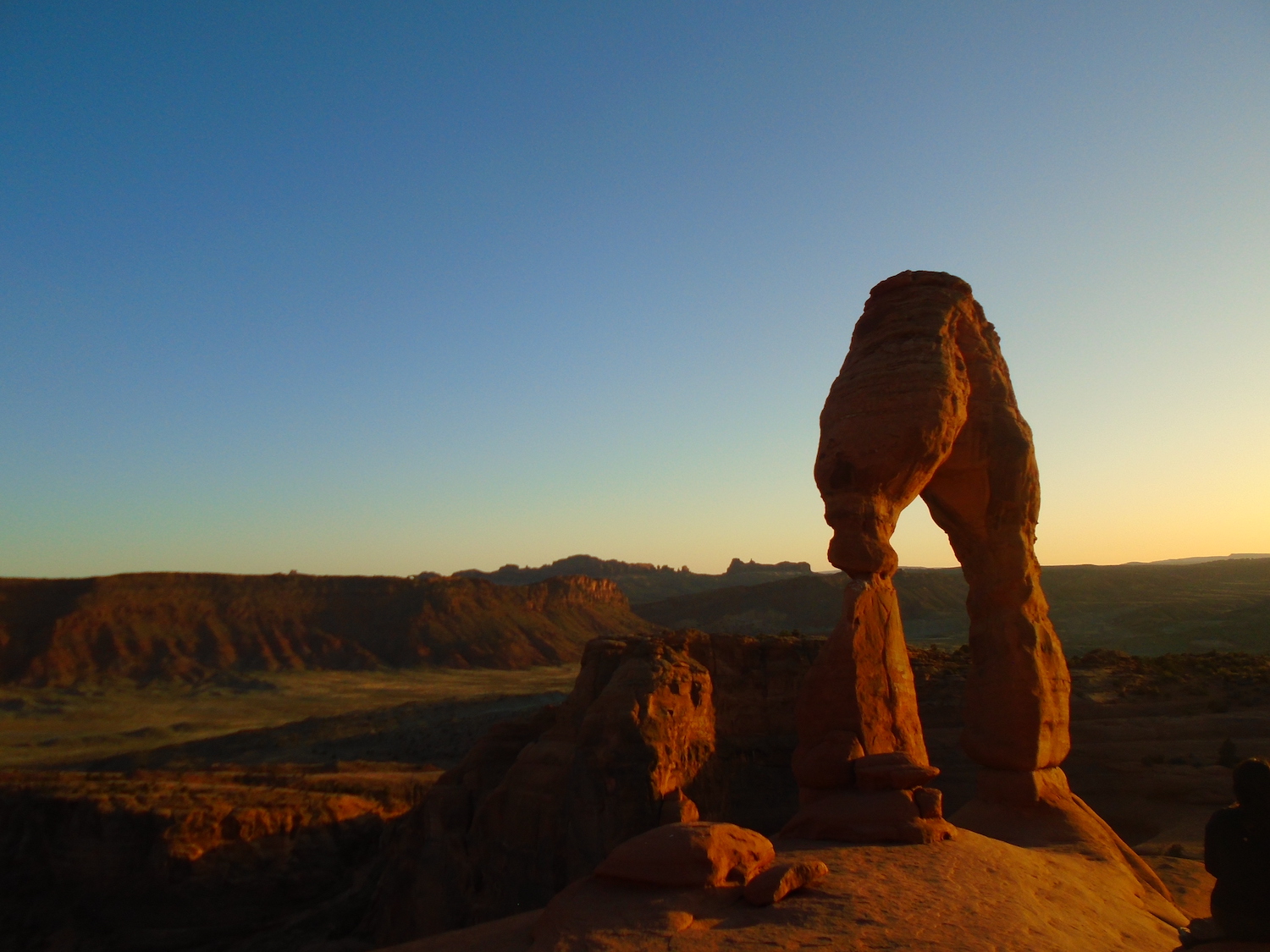
"A quintessential western moment captured well. The eye is drawn to the beautifully illuminated arch dividing the composition nicely as the sun sets in the background giving the sky a nice gradient of color." --Josh Raab
2nd Place
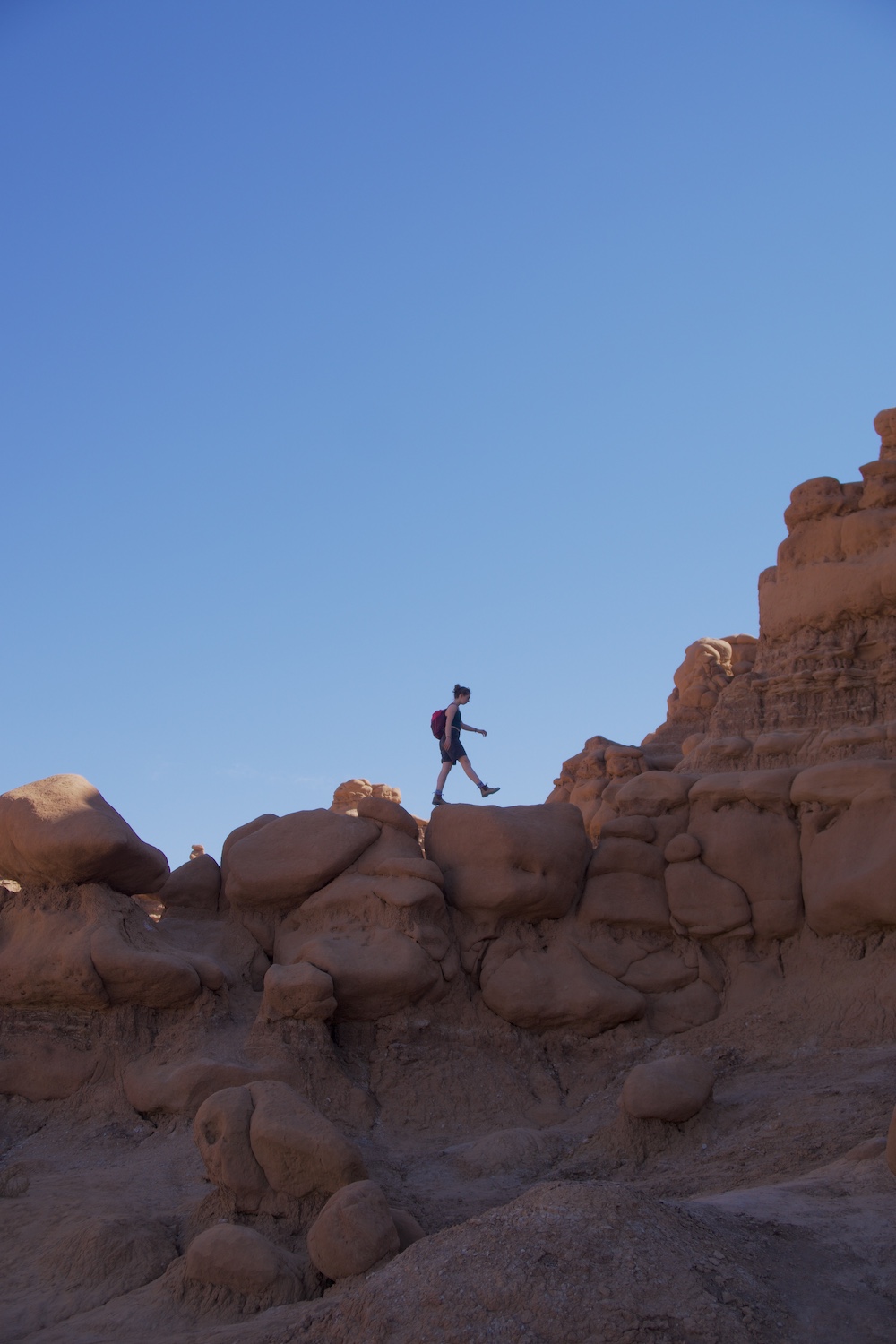 Leave No Trace
Leave No Trace
Goblin State Park
Utah
Photo by Logan Brunk
For this image my intention is to bring awareness how we step into the wild. As a kid my parents and teachers preached the values of "leave no trace:" important standards to live by in the outdoors. In this image the figure is walking along a dramatic rock formation that took millions of years to form. This image asks: should we as outdoor enthusiasts be able to explore and leave footprints on these delicate and extraordinary art formations? Where is the line between exploring nature and preserving it?
“The photograph Leave No Trace invites us to reflect on our relationship with the landscape. It reminds us of the values instilled by family and teachers, urging us to uphold and pass along those principles of environmental stewardship and reverence. The horizon line hints at a deeper narrative, a line graph with its sharp incline symbolizing the trajectory of our collective path, a reminder of the choices that shape our future in this world.” --- Heather Oelklaus
3rd Place
Mountain Lion
Rocky Mountains
Colorado
Photo by Isabel DeVito
I photographed this mountain lion with a camera trap as part of my research on the impacts of human activity on carnivores in Colorado. Human land use can negatively affect wildlife by changing their behavior or by contributing to habitat fragmentation. I found that mountains lions were less likely to use sites with high road density than those with less road disturbance, underscoring how important conservation of wildlife corridors and the creation of highway underpasses are for wildlife in the Southwest. The State of The Rockies survey found that 78% of Westerners believe that emphasis should be placed on conserving wildlife migration routes than on economically productive land uses, so many Westerners recognize and are in support of conservation action for species like mountain lions.
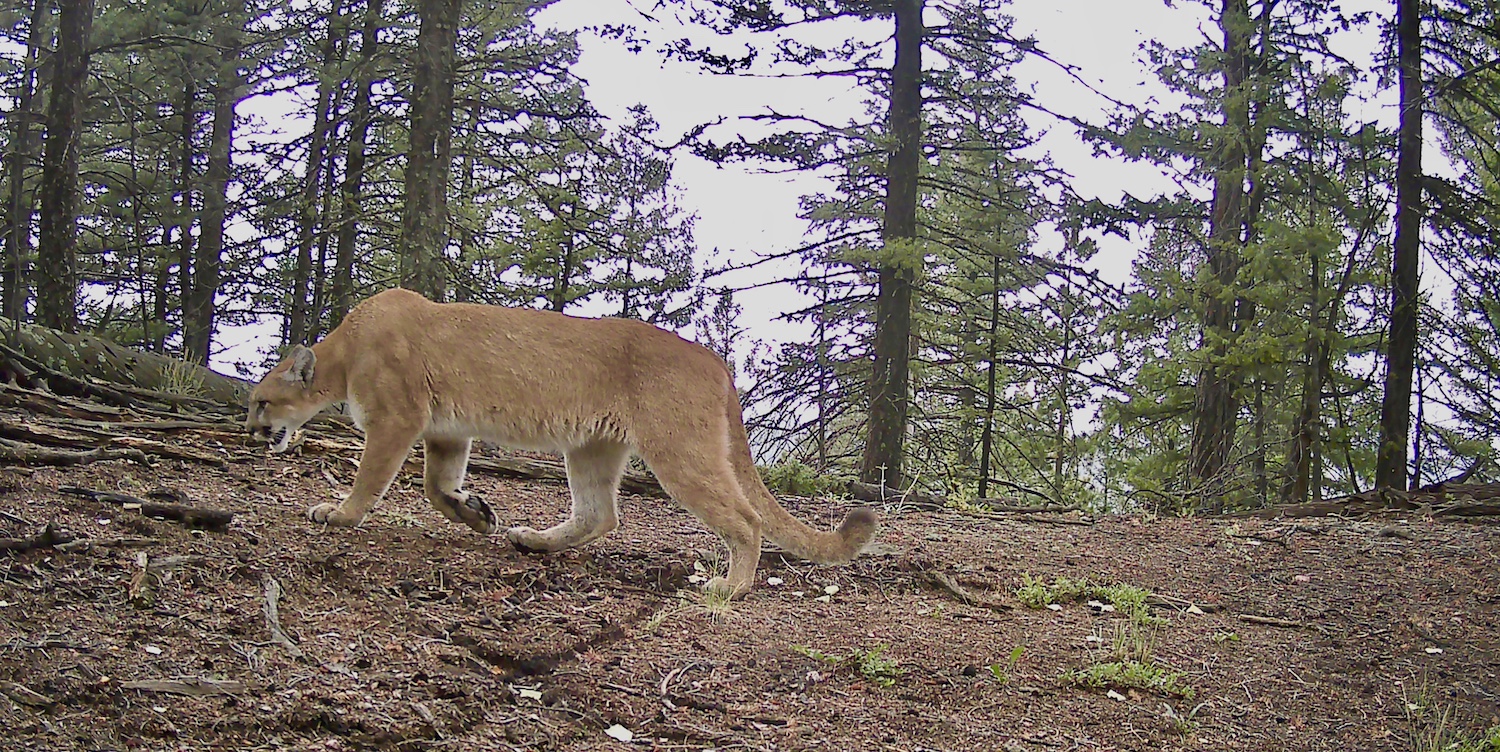
Mountain lions are notoriously difficult to spot. Chances are, if you see one it has already seen you first. That is why the use of a camera trap is often the best way to document them. Seeing this illusive cat up close is a technical feat and critical for research purposes.
--Josh Raab
People's Choice Winners
1st Choice: 50 Votes
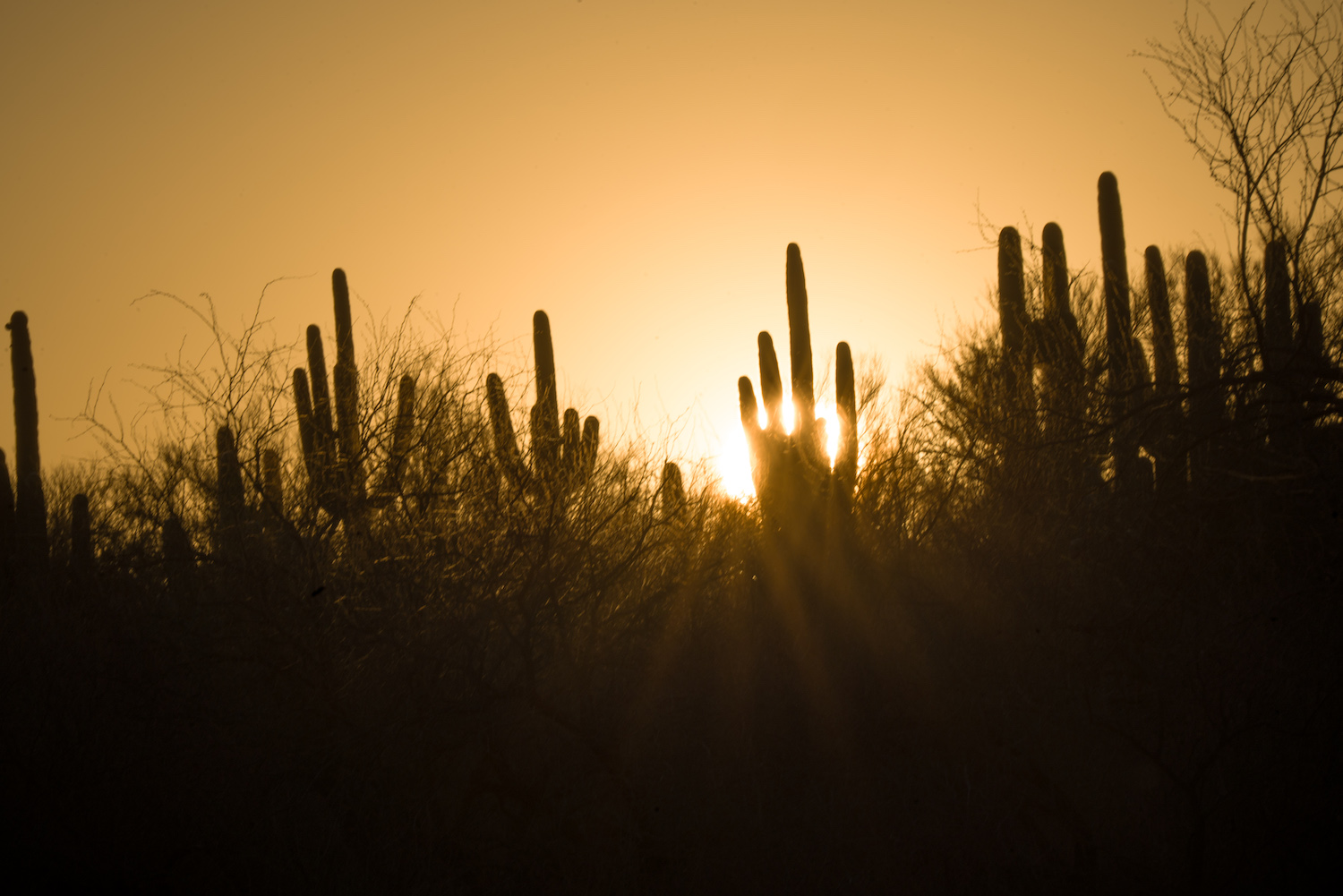
Catalina State Park
Colorado
Photo by Isabel DeVito
1st Runner-up: 29 Votes
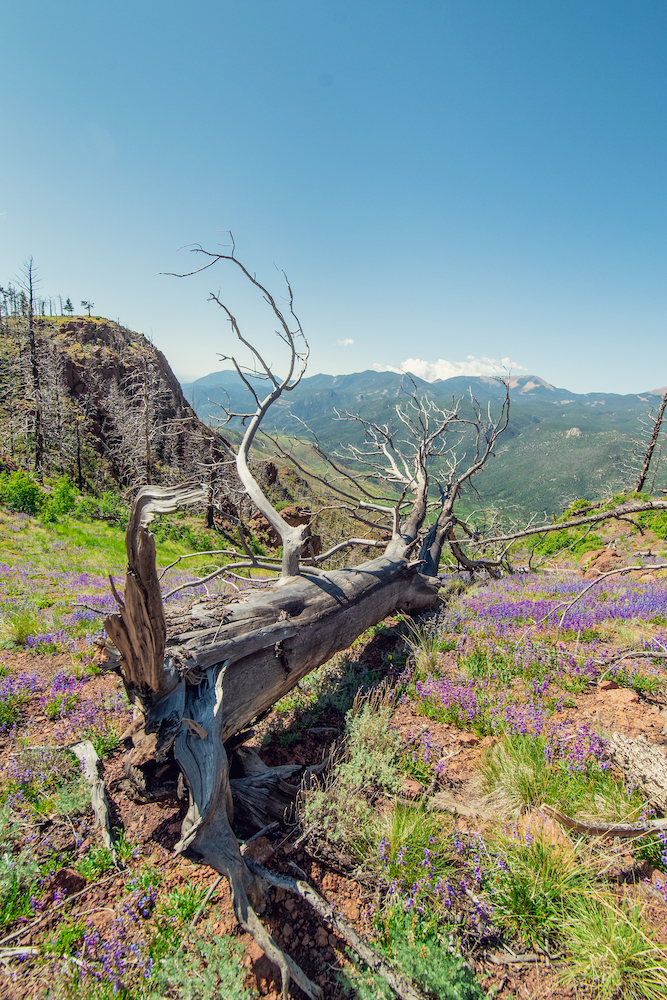
Fallen Forest
Waldo Canyon, Colorado
Photo by Maren Greene, '24
2nd Runner-up: 23 Votes
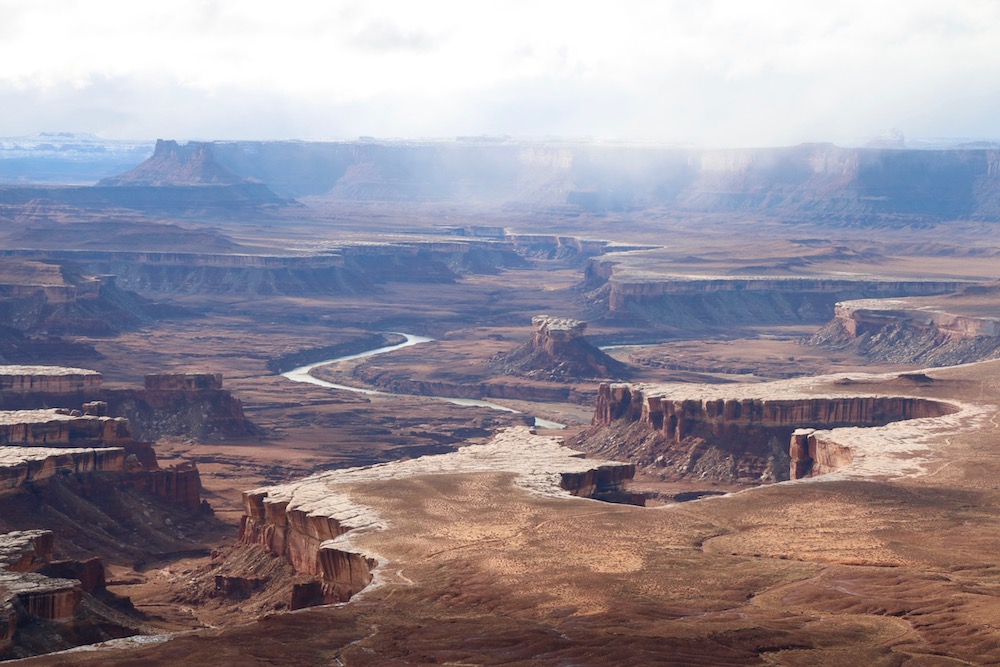
Meet the Judges
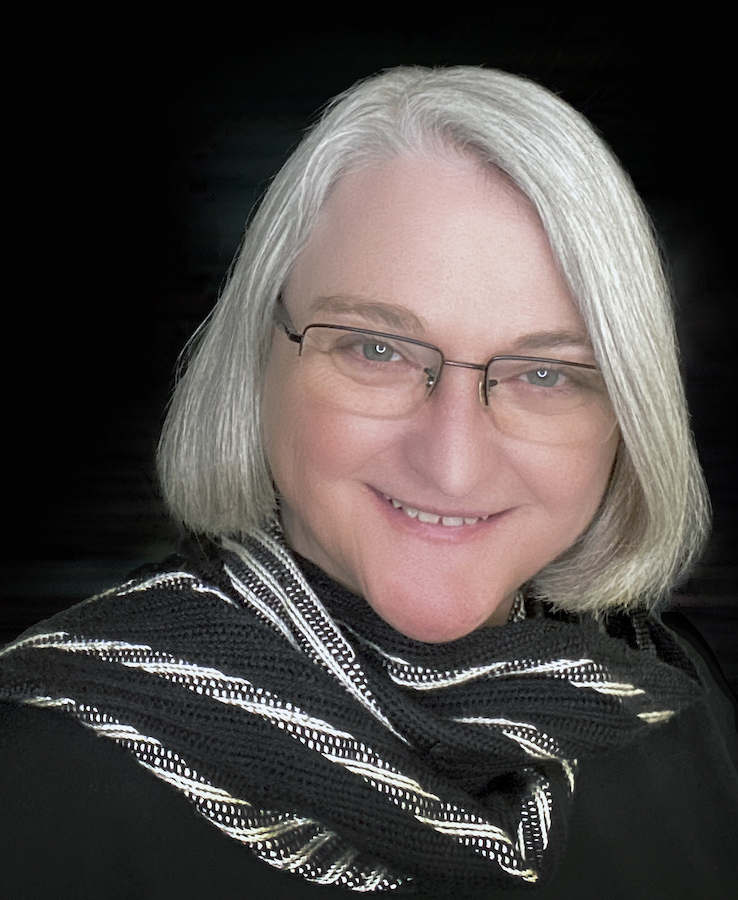 Heather Oelklaus
Heather Oelklaus
Heather Oelklaus is the Print Work Shop Supervisor for the Colorado College Art Department. She has based her life around art for the last 30 years. After attending the Kansas City Art Institute, Heather moved to Colorado Springs where she has been creating artworks that incorporate her passion for photography, printmaking, sculpture, painting, fiber, and collage. Her work has been exhibited in numerous galleries and museums and is held in private collections around the United States. Heather explores the boundaries of photography and experiments with alternative processes and technologies. When she is not creating photographs, she can be found plein air painting, weaving on her loom, and researching new techniques for her art making.
Josh Raab 
Josh Raab is the Director of Instagram at National Geographic. Previously, Josh worked at TIME as a Photo and Multimedia Editor. He has also been an adjunct professor at the International Center of Photography. Josh started out as a photographer covering the aftermath of the Boston Marathon bombings and Hurricane Sandy, then transitioned into editing by founding Jay Peg’s Photo Pub., an online and print publication for emerging photographers.
Contest Rules
Submit your photos by emailing chines@coloradocollege.edu
You may share a link to a google folder or your one drive.
